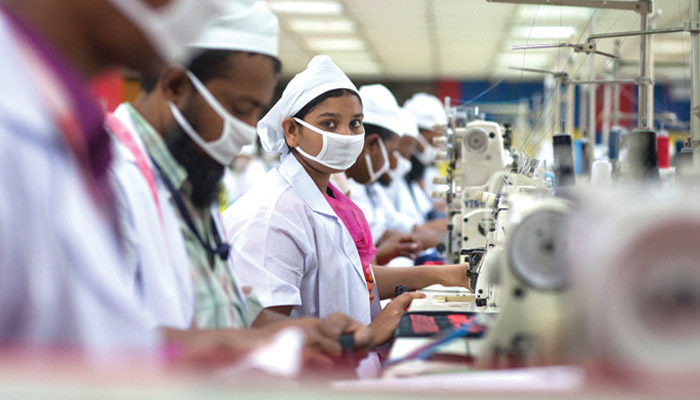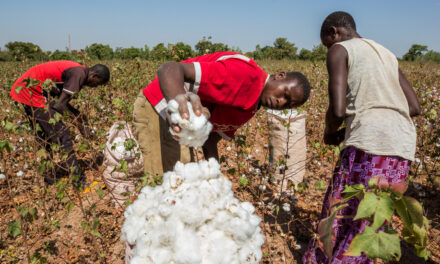The creation of green jobs and the promotion of social dialogue are amongst the priorities which the Government of Bangladesh, employers and workers organizations will work towards in collaboration with the International Labour Organization (ILO) until 2020. These areas have been included in a Decent Work Country Programme (DWCP) for Bangladesh which was signed recently at a ceremony held in Dhaka (Sonargaon Hotel). Afroza Khan, Honorable Secretary, Ministry of Labour and Employment; Amirul Haque Amin, Chairperson, National Coordination Committee for Workers Education (NCCWE); Kamran T. Rahman, President, Bangladesh Employers Federation (BEF); and Tuomo Poutiainen, Country Director, ILO Bangladesh signed the programme.
Speaking at the signing event, Afroza Khan Secretary, Ministry of Labour and Employment, Bangladesh said, “Bangladesh is fully supportive of the ILO’s Decent Work agenda and implemented two Decent Work Country Programmes so far covering the periods 2006-2009 and 2012-2015. With the support of the ILO, we have succeeded in attaining the envisaged goals and activities of the previous DWCPs and I believe that this trend will continue in the future.”
Decent Work Country Programmes (DWCPs) are the main vehicles for delivering ILO’s support to countries. Each DWCP is organised around a limited number of priorities and outcomes. The priorities for Bangladesh have been chosen on the basis of participatory assessment of current challenges through stakeholder consultations involving a wide range of constituents and other interested parties. These challenges include high unemployment rate among youth and especially among those with higher levels of education; high and stagnating income inequality; low productivity in some sectors; slow improvement in the Occupational Safety and Health situation and working conditions; as well as inadequate opportunity for social dialogue in Bangladesh.
To mitigate these challenges, the DWCP for Bangladesh focuses on four key areas which include skills development and green growth; promotion of safe and clean working environments; social dialogue between government, employers and workers; and social protection for all workers and vulnerable groups including protection against climate change.
Dagmar Walter, Director of ILO’s Decent Work Team for South Asia said, “We are proud to work alongside the government, employers and workers in Bangladesh to promote decent and productive employment opportunities for its women and men. Much progress has been made in many areas. However, certain challenges and gaps need to be addressed to keep up with the ever changing world of work. We hope that this Decent Work Country Program will make a major contribution to the socioeconomic development of Bangladesh.”
DWCPs have two main objectives. They promote Decent Work as a key component of national development strategies. At the same time they organize ILO knowledge, instruments, advocacy and cooperation at the service of government, employers and workers. The new DWCP for Bangladesh is results oriented and coordinated with Bangladesh’s national policy documents and global development initiatives such as the Sustainable Development Goals (SDGs).
The implementation of the DWCP is based on partnership between government, employers and workers as well as the ILO Country Office. Current Technical Coordination (TC) projects of ILO as well as some new ones will be mobilized during the span of the DWCP and will play critical roles in achieving the outcomes of this programme.


















